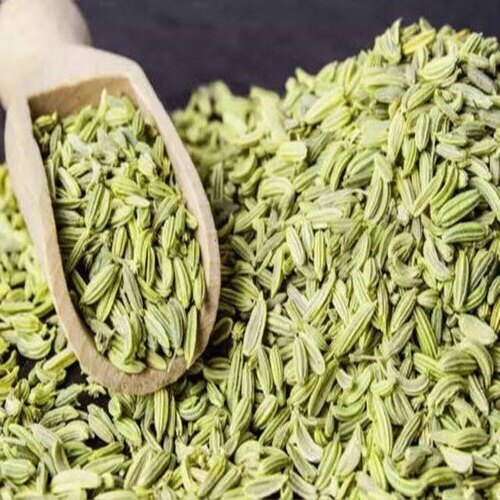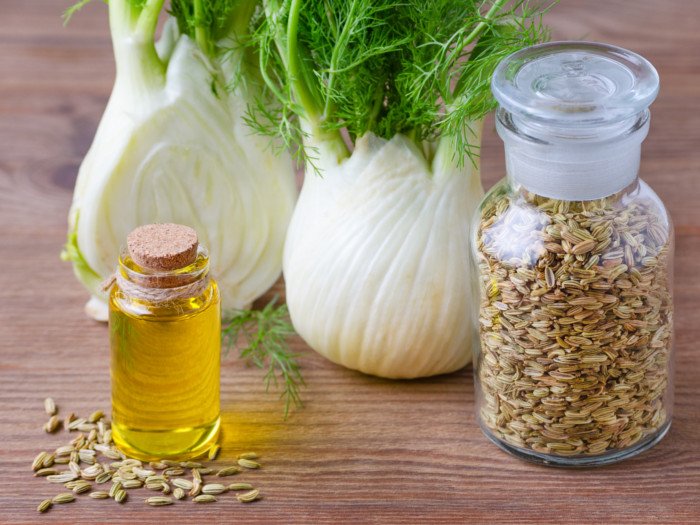
Introduction: Fennel seeds, the tiny powerhouses derived from the flowering plant Foeniculum vulgare, are revered for their distinct flavor and multifaceted uses across culinary, medicinal, and cultural landscapes. This article aims to unravel the cultivation practices of fennel seeds and explore their diverse applications.
Cultivation: Cultivating fennel seeds requires attention to detail and adherence to specific growing conditions to ensure a bountiful harvest. Here are the key steps involved:
- Soil and Climate: Fennel seeds thrive in well-drained, loamy soil with a pH range of 6.0 to 7.5. They prefer full sun exposure but can tolerate partial shade. Regions with warm summers and mild winters are conducive to their growth.
- Propagation: Fennel seeds are typically propagated directly in the garden bed or in containers. Sow seeds directly into the soil after the last frost date in spring or in late summer for a fall harvest. Plant seeds shallowly, about 1/4 to 1/2 inch deep, and space them 12 to 18 inches apart.
- Watering and Maintenance: Fennel seeds require consistent moisture during germination and early growth stages. Once established, they are relatively drought-tolerant but benefit from regular watering to encourage robust seed production. Weed control is essential to prevent competition for nutrients and moisture.
- Harvesting: Fennel seeds are ready for harvest when the flower heads turn brown and dry on the plant. Cut the seed heads from the plant and place them in a paper bag to finish drying in a cool, well-ventilated area. Once fully dried, thresh the seeds by gently rubbing them to release them from the seed heads.
Uses: Fennel seeds boast many culinary, medicinal, and therapeutic applications, making them a prized ingredient in various cultures worldwide.

- Culinary: Fennel seeds lend a distinct sweet, licorice-like flavor to culinary creations. They are commonly used in spice blends, such as Indian curry powders, Italian sausages, and Middle Eastern breads. Whole seeds can be toasted to enhance their aroma and flavor or ground into a fine powder for seasoning.
- Medicinal: Fennel seeds have been used for centuries in traditional medicine for their digestive and carminative properties. They are believed to relieve bloating, gas, and indigestion, making them a popular remedy for gastrointestinal ailments. Fennel seed tea is often consumed after meals to aid digestion and freshen breathing.
- Therapeutic: Fennel seed essential oil is valued in aromatherapy for its calming and uplifting effects. It is used in massage oils, bath blends, and diffuser recipes to alleviate stress, anxiety, and fatigue. The aromatic compounds in fennel seed oil also have antimicrobial and antioxidant properties.
Conclusion: Fennel seeds, with their aromatic profile and versatile applications, hold a prominent place in culinary traditions, herbal medicine, and holistic wellness practices. Cultivating fennel seeds at home not only provides a sustainable source of this prized spice but also allows for a deeper appreciation of its rich cultural heritage and therapeutic benefits. Whether used to spice up a favorite recipe, soothe an upset stomach, or promote relaxation, fennel seeds continue to captivate with their potent potential and enduring allure.
